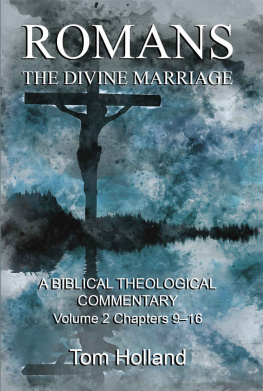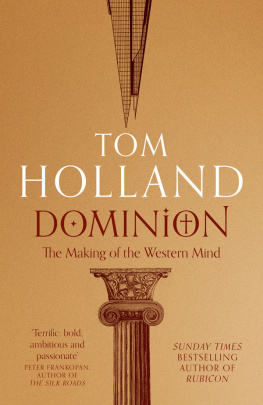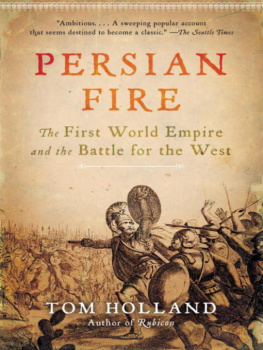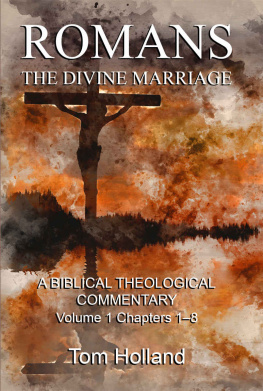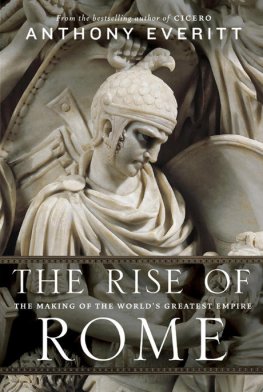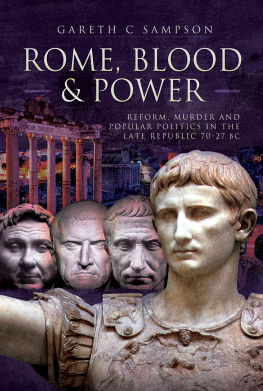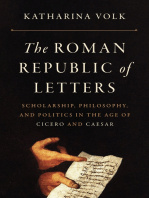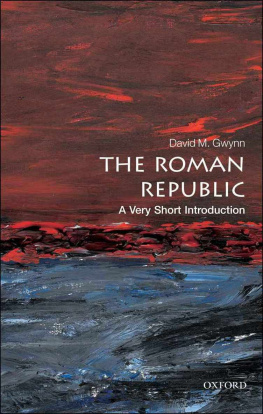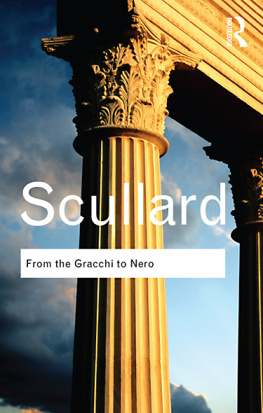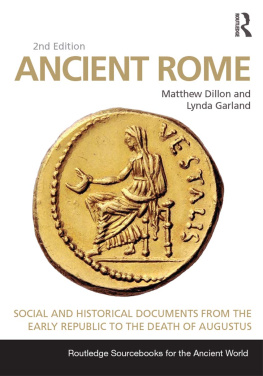Tom Holland - Rubicon: The Last Years of the Roman Republic
Here you can read online Tom Holland - Rubicon: The Last Years of the Roman Republic full text of the book (entire story) in english for free. Download pdf and epub, get meaning, cover and reviews about this ebook. year: 2015, publisher: Anchor, genre: Religion. Description of the work, (preface) as well as reviews are available. Best literature library LitArk.com created for fans of good reading and offers a wide selection of genres:
Romance novel
Science fiction
Adventure
Detective
Science
History
Home and family
Prose
Art
Politics
Computer
Non-fiction
Religion
Business
Children
Humor
Choose a favorite category and find really read worthwhile books. Enjoy immersion in the world of imagination, feel the emotions of the characters or learn something new for yourself, make an fascinating discovery.

- Book:Rubicon: The Last Years of the Roman Republic
- Author:
- Publisher:Anchor
- Genre:
- Year:2015
- Rating:3 / 5
- Favourites:Add to favourites
- Your mark:
Rubicon: The Last Years of the Roman Republic: summary, description and annotation
We offer to read an annotation, description, summary or preface (depends on what the author of the book "Rubicon: The Last Years of the Roman Republic" wrote himself). If you haven't found the necessary information about the book — write in the comments, we will try to find it.
After a palace coup demolished the reign of King Tarquin of Rome in 509 B.C., a republican government flourished, providing every person an opportunity to participate in political life in the name of liberty. As Holland, a novelist and adapter of Herodotus Histories for British radio, points out in this lively re-creation of the republics rise and fall, the seeds of destruction were planted in the very soil in which the early republic flourished. It was more often members of the patrician classes who had the resources to achieve political success. Such implicit class distinctions in an ostensibly classless society also gave rise to a new group of rulers who acted like monarchs. Holland chronicles the rise to power of such leaders as Sulla Felix, Pompey, Cicero and Julius Caesar. Some of these leaders, such as Pompey, appealed to the masses by expanding the republic through military conquest; others, like Cicero, worked to reinforce class distinctions. Holland points to the suppression of the Gracchian revolution-a series of reforms in favor of the poor pushed by the Gracchus brothers in the second century B.C.-as the beginning of the end of the republic, providing the context into which Julius Caesar would step with his own attempts to save the republic. As Holland points out, Caesar actually precipitated civil wars and helped to reestablish an imperial form of government in Rome. With the skill of a good novelist, Holland weaves a rip-roaring tale of political and historical intrigue as he chronicles the lively personalities and problems that led to the end of the Roman republic. Maps.
Copyright Reed Business Information, a division of Reed Elsevier Inc. All rights reserved.
Starred Review Ancient history lives in this vivid chronicle of the tumultuous events that impelled Julius Caesar across the one small river that separated the Roman Republic from cataclysmic civil war. With the narrative talents that have established him as a prominent radio personality and novelist, Holland pulls readers deep into the treacherous riptide of Roman politics. To show how Caesar eventually masters that tide--if only temporarily--Holland first traces the bloody career of the ruthless dictator Sulla, who rescues an imperiled Republic even as he breaches its founding traditions. Those breaches deeply disturb the moralist Cato, but the indulgent luxury of a post-Sullan world suits Caesar well enough: a popular favorite, he sets the fashion in loose-fitting togas--and waits for his fated opening. Recounting Caesars eventual seizure of power in pages as irresistibly cadenced as the legionnaires march, Holland probes the tragic ironies that quickly expose the bold conqueror to idealistic assassins, who themselves soon perish in the rise of the Augustan Empire. Not a work for scrupulous scholars, but a richly resonant history for the general reader. Bryce Christensen
Copyright American Library Association. All rights reserved
Tom Holland: author's other books
Who wrote Rubicon: The Last Years of the Roman Republic? Find out the surname, the name of the author of the book and a list of all author's works by series.

